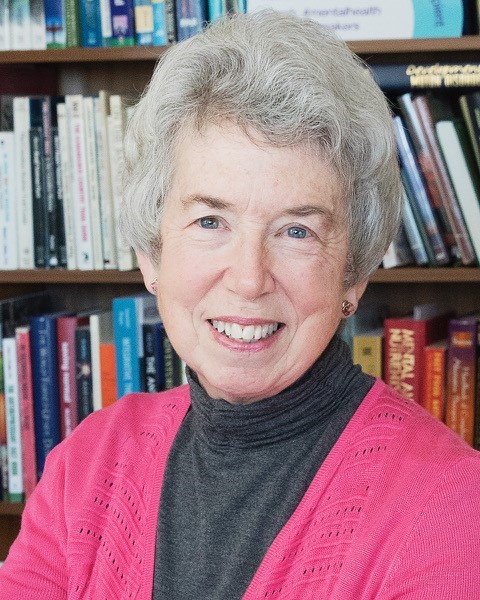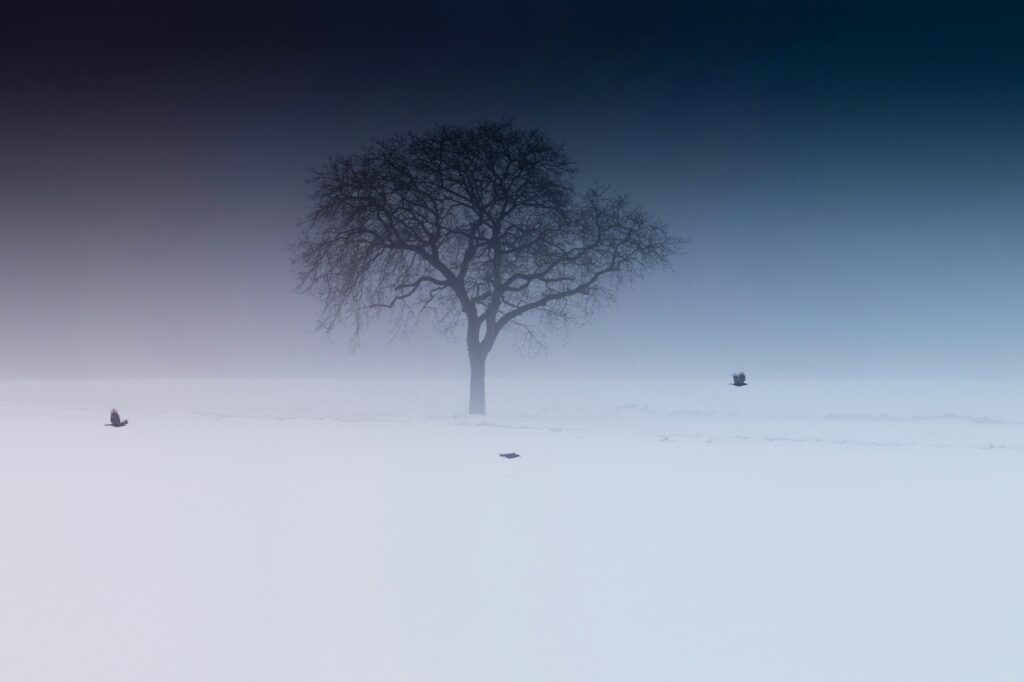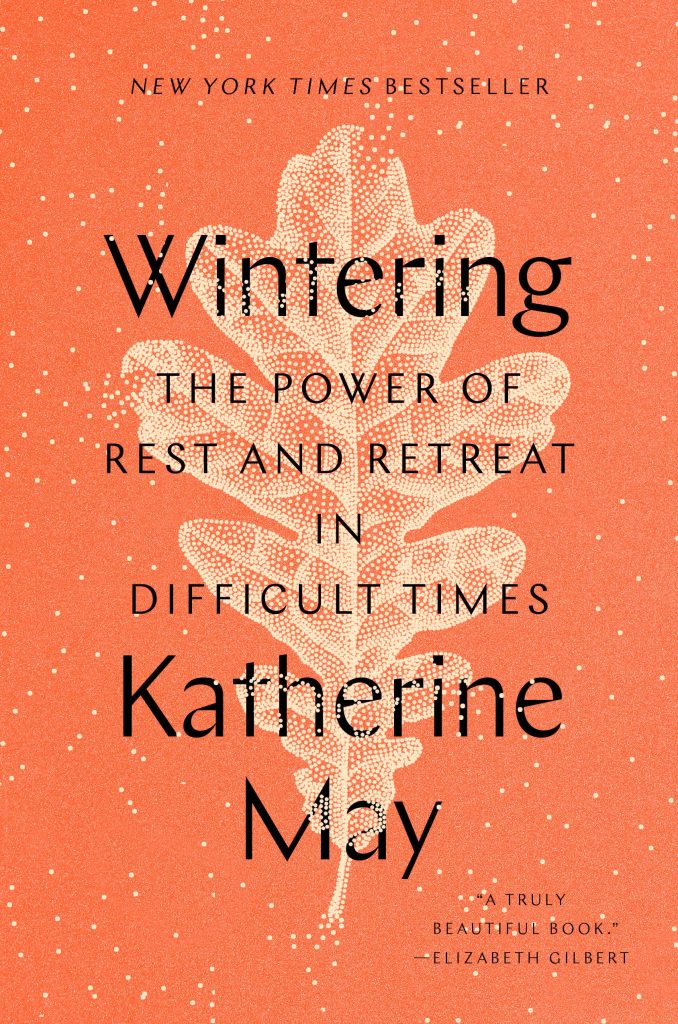The third Monday of January is known as “Blue Monday” – said by some to be the most depressing day of the year. Maybe you hear that statement and you think to yourself – yep, that tracks! We’re just one month into winter with another two months to go. The holiday season (and the breaks from school/work) of December are long gone. In Ontario, January often only sees approximately 3 hours of sunshine per day (Global News). And by the end of the month, our days will still only be 10 hours long – that’s too short (Time and Date)!
Continue readingTag Archives: Mental Health
Wintering
Post-holiday season, it’s tempting to let the winter blues get the best of us. Particularly in the wake of yet another covid winter and yet another sombre New Years. There’s something particularly, poignantly sad about canceling the celebration of a new year, isn’t there? Before the holiday season began, as the days got darker and the weather grew colder, I checked out the audiobook of Wintering: The Power of Rest and Retreat in Difficult Times by British writer Katherine May. I listened to it as I walked through a wooded path after the first snowfall of the season.
The UK focus of the book did give me pause, I admit. “Oh, my sweet summer child,” I thought, quoting Old Nan, “what do you know about winter?” But May’s concept of “wintering” transcends the season itself and is also applied to the dark, low “winter” periods of life. Just as winter is an annual, perhaps unwelcome visitor, so too are these low periods. Wintering was written before the pandemic hit, but its timing could not have been better. Published in December 2020, the ongoing pandemic has given the book a striking relevance that May could not have anticipated while writing it.
May’s quest to learn the wintering habits of cultures with harsher climates than that of mild England takes her to neighbouring Nordic countries like Iceland, Norway, and Finland. Countries whose people, while far from rejoicing in the waning light, have found ways to embrace the darkness (the Danes introduced us to the concept of hygge, after all). There are passages dedicated to Christmastime rituals like Sweden’s candlelit Sankta Lucia ceremony, as well as neo-Paganistic rituals closer to home like the Druid celebrations at Stonehenge, ringing in the new year by watching the sun rise over the ancient monument. The chapters are structured according to the calendar, from October to March, with subheadings such as “Metamorphosis”, “Midwinter”, “Epiphany”, and “Thaw” as guideposts. Throughout these chapters, May discusses sometimes her own personal crises (how should one adequately prepare for recurring bouts of depression?) while also taking meandering dips into nature writing, looking to the life cycles of beehives and the hibernation habits of adorable, disappearing dormice for inspiration on how to handle the ups and inevitable downs of our own lives.
Continue readingThe Better Brain with Dr. Bonnie Kaplan

Dr. Bonnie Kaplan is a professor emerita in the Cumming School of Medicine at the University of Calgary and a co-author, along with Dr. Julia Rucklidge, of a recently published book The Better Brain: Overcome Anxiety, Combat Depression, and Reduce ADHD and Stress with Nutrition (April, 2021). Dr. Kaplan, along with her co-author Dr. Julia Rucklidge, have published widely in the medical and scientific literature about a paradigm-shifting approach to preventing and treating mental disorders with food and nutrients. Dr. Kaplan’s efforts to include nutrition knowledge in the care of people with mental health challenges has earned her a variety of awards, including the Dr. Rogers Prize in September 2019; and in 2017 she was selected as one of 150 Canadian Difference Makers in Mental Health.
To place a hold on Dr. Kaplan and Dr. Rucklidge’s new book please follow this link.
Relevant websites: https://www.BonnieJKaplan.com. and https://www.TheBetterBrainbook.com


